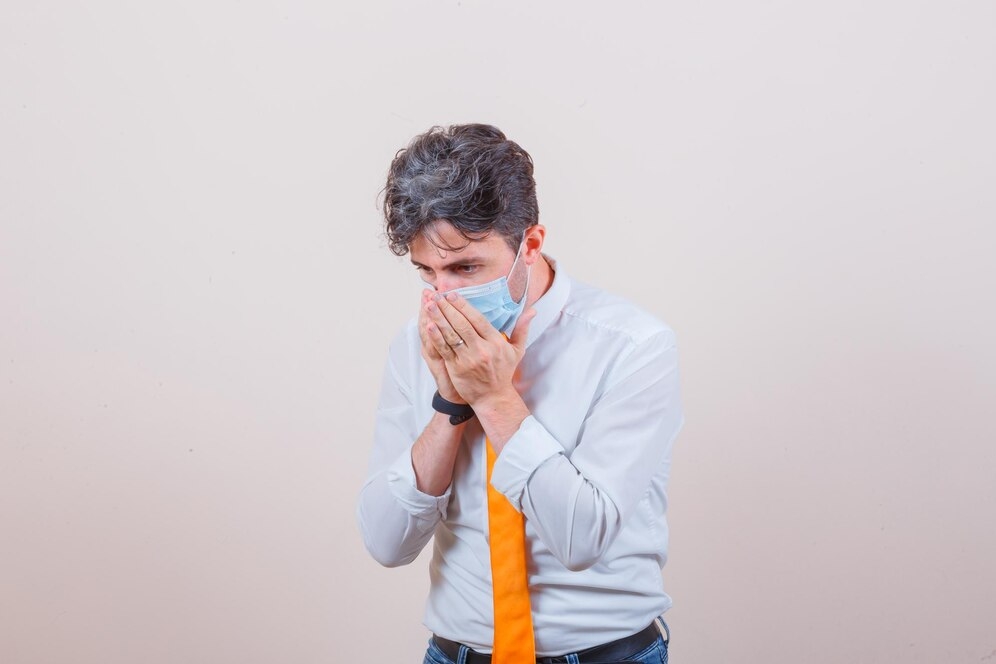
Especially in metropolitan areas like Delhi, where humidity levels, pollution, and inadequate ventilation all promote mould growth, mould allergy is becoming more worrisome. Mould spores are airborne particles that can cause allergies and a variety of health problems including respiratory discomfort, skin irritation, and sinus infections. Untreated, mould allergies can greatly reduce a person's quality of life. Knowing the signs, reasons, and possible mould allergy treatment in Delhi can enable people to properly control this illness.
Knowing Mould Allergy
Mould allergies are caused by an overreaction of the immune system to mould spores. These tiny fungus flourish in wet conditions like toilets, basements, and badly ventilated areas. Inhaled spores can cause allergic responses, sneezing, runny nose, itchy eyes, and even asthma symptoms. Early identification is essential for efficient care as some people may have recurrent sinus infections and skin rashes.
High degrees of air pollution and regular temperature changes in Delhi provide perfect conditions for mould development. Poor air circulation in homes and offices makes the situation much worse, increasing the likelihood of allergic responses. Managing this allergy starts with finding and removing the source of mould exposure.
For more details, visit the source: https://bresdel.com/blogs/1010546/Delhi-s-Efficient-Mould-Allergy-Treatment-A-Complete-Guide